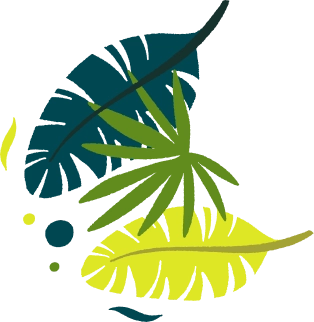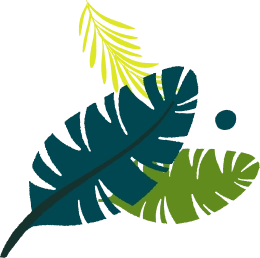

Vietnam’s countryside is where the soul of the country truly lives. While cities like Hanoi and Ho Chi Minh buzz with energy, the rural landscapes-emerald rice paddies, misty mountains, and villages steeped in tradition-offer a serene escape.
As a travel blogger who’s zigzagged Vietnam from the Mekong Delta to the northern highlands, I’ve uncovered hidden spots, local secrets, and authentic experiences that most guidebooks miss. Let’s dive into Vietnam’s countryside, beyond the tourist trails!
The Floating Markets (& Beyond)
Yes, the Cai Rang Floating Market in Can Tho is iconic, but venture deeper. Head to Tra Su Cajuput Forest in An Giang Province, a tranquil wetland teeming with birdlife. Glide through emerald-green canals by rowboat (tip: arrive early to avoid crowds).
Homestays with Heart
Skip the touristy spots and stay in Ben Tre, where families offer homestays amid coconut groves. I joined a Redditor’s recommendation for Mr. Sau Khanh’s Homestay-think hammock naps, fresh banh xeo (crispy pancakes), and twilight bike rides through orchards.
Hidden Gem: Tan Phong Island
Near My Tho, this lesser-known islet is perfect for cycling. Locals offer DIY workshops-try weaving coconut leaves or crafting rice paper. It’s raw, unfiltered Mekong life.
Hoi An’s Countryside: More Than Lanterns
Escape Hoi An’s old town for Cam Thanh Coconut Village. Rent a bamboo basket boat and paddle through water palm forests. For lunch, join a cooking class in Tra Que Herb Village-farm-to-table vibes with mint, lemongrass, and morning glory picked fresh.
Phong Nha’s Secret Corners
While Phong Nha-Ke Bang National Park draws cavers, the Bong Lai Valley is its rustic sibling. Grab a motorbike and follow dirt roads to farms-turned-cafes like The Duck Stop (yes, you can herd ducks!). Stay at Nguyen Shack-a riverside eco-lodge praised on TripAdvisor for its hammock views and $5 massages.
Offbeat Central Coast
Quang Ngai Province’s Ly Son Island is a volcanic gem with garlic fields and empty beaches. It’s a 1-hour ferry from Sa Ky Port, but few foreigners make the trip.
Ha Giang Loop: The Ultimate Adventure
Rent a motorbike (or easier, hire a driver) for the Ha Giang Loop. Beyond the famed cliffs, stop at Lung Tam Village, where Hmong women craft linen from hemp. Stay in homestays like Lo Lo Homestay in Dong Van-warm hosts, corn wine, and starry skies.
Mu Cang Chai: Rice Terraces Without Crowds
Skip Sapa’s bustle for Mu Cang Chai. September’s harvest turns valleys gold. Trek to La Pan Tan village, where tourists rave about trekking routes untouched by mass tourism.
Mai Chau’s Peaceful Valleys
Just 4 hours from Hanoi, Mai Chau offers stilt-house homestays and cycling through rice fields. For a hidden spot, head to Pu Luong Nature Reserve-waterfalls, terraces, and the friendly Thai ethnic community.
Transport: Buses connect major towns, but motorbikes offer freedom (rentals ~$7/day). For Ha Giang, Easy Rider tours are safer if you’re inexperienced.
Stay Local: Homestays ($10-15 / night) include meals and cultural exchanges. Check TripAdvisor reviews for cleanliness and authenticity.
Eat Fearlessly: Try com lam (bamboo-tube rice) in the north, banh canh (thick noodle soup) in the central, and hu tieu (Mekong noodle dish) in the south.
Respect Customs: Ask before photographing villagers. A small gift (fruit, school supplies) goes a long way in ethnic communities.
Best Time: South (Dec–Apr dry season), Central (Feb–Aug), North (Sep–Nov for harvests).
Get the latest information about our tours and special offers!